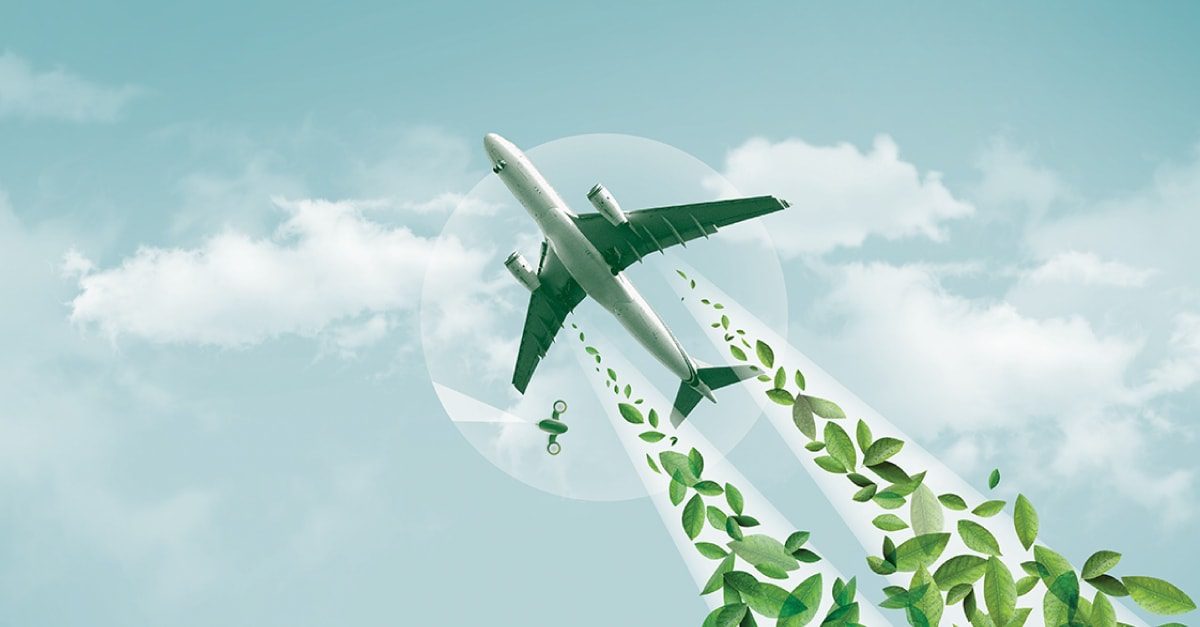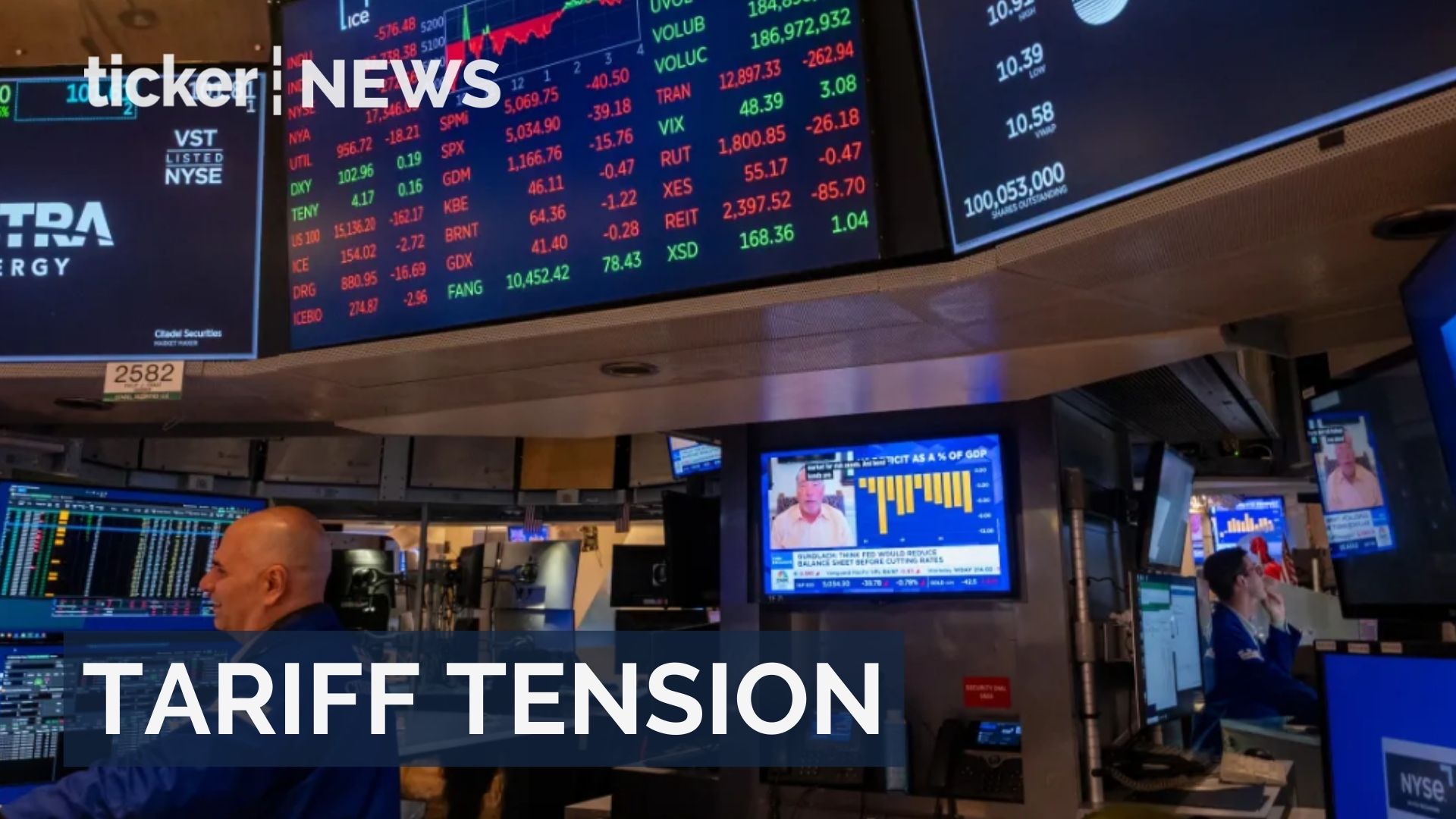Money
How to cut aviation emissions by 20% overnight

Money
Australia’s inflation report and Nvidia earnings impact explained
Australia’s inflation report sparks market shifts, influencing interest rates, the Aussie dollar, and investor sentiment amid Nvidia’s earnings.
Money
U.S. stocks rally as AMD, Home Depot, and AI software lead gains
U.S. equities rose as AI disruption fears eased, with Home Depot, AMD, and DocuSign driving tech stock gains.
Money
Stocks tumble amid AI concerns and Trump tariff update
Dow drops 800+ points as AI and trade worries hit tech and retail stocks; bonds rise amid market volatility.
-



 Tech2 days ago
Tech2 days agoOpenAI moves to replace software giants with AI products
-



 Money1 day ago
Money1 day agoAustralia’s inflation report and Nvidia earnings impact explained
-



 News4 days ago
News4 days agoIran signals nuclear concessions as U.S. talks intensify
-



 Money4 days ago
Money4 days agoU.S. investors flee stock market for global opportunities
-



 Tech4 days ago
Tech4 days agoApple’s next AI wearables could change how we use tech
-



 Tech3 days ago
Tech3 days agoAnthropic CEO holds key Pentagon talks on AI ethics and military use
-



 Money3 days ago
Money3 days agoStocks tumble amid AI concerns and Trump tariff update
-



 Ticker Views4 days ago
Ticker Views4 days agoHow Andrew Mountbatten-Windsor could be removed from the line of succession






